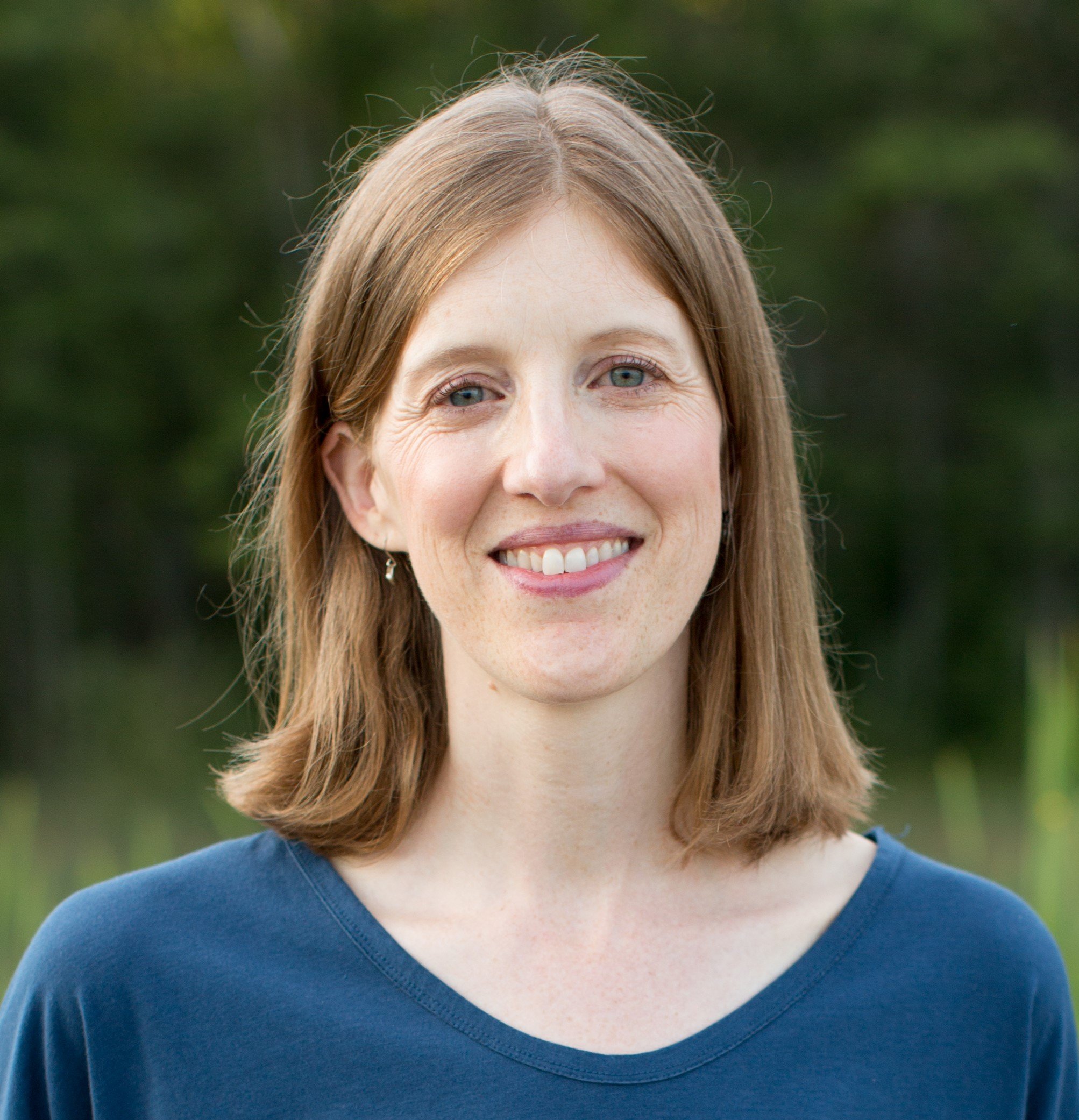whale tales
New children’s book highlights the plight of Puget Sound’s orcas
Words by Alorie Gilbert
Photo: Tiffany Bri Gifford
The last remaining Puget Sound orca in captivity may be returned to Washington waters after half a century at Miami Seaquarium—a story that has made headlines around the country. The recent agreement to release the whale is cause for hope across the region, especially among tribal elders, activists and others who have spent decades fighting for her freedom.
Also cheering the news is Nora Nickum, author of Superpod: Saving the Endangered Orcas of the Pacific Northwest, a new book for young readers about Puget Sound’s Southern Resident orcas, the threats they face and efforts to save them from extinction. The book includes a chapter about the captive orca and the dark era of capture that claimed a third of the wild Southern Resident population. Their numbers have yet to recover.
“I have renewed hope now that she could someday be with her family again,” Nickum said of the orca.
Nickum, who lives and grew up on Bainbridge Island, began researching Superpod in 2021. It’s her first book, which she wrote in her off-hours. In addition to penning children’s books, she works at the Seattle Aquarium, leading its efforts to influence ocean conservation policy. She’s also mom to first-grade daughter Sabina, her inspiration for writing a book for readers eight to 12 years old.
“It’s a particularly fun audience to write for,” she noted. “They’re already so curious. They ask great questions. They’re just ready to be wowed by things they see and hear.”
While touching on orca capture and other heartbreaking episodes, Superpod delivers a hopeful message meant to inspire and excite middle-grade readers. Among the fun facts revealed in the book: orcas have best friends and babysit each other’s young. Readers are introduced to the scientist who recently gained that insight using drones to observe orcas’ social behavior. Nickum also spent time with a scientist who collects and analyzes orca scat for toxins and stress hormones, working with a dog trained to sniff it out from as far as a mile away.
“There are so many innovative things being done to learn more about these whales in ways that aren’t invasive and don’t harm the animals at all,” Nickum said.
June is Orca Action Month across the Pacific NW.
The book also highlights the efforts of educators, student activists, enforcement officers and policy experts, including Nickum’s work advocating for orca recovery. She holds a masters degree in public policy from Harvard Kennedy School and joined the Seattle Aquarium four years ago; she’s the organization’s voice on everything from laws to reduce single-use plastics and boat noise to funding for salmon-habitat restoration. Prior to the aquarium, Nickum worked on climate-change policy in Washington, D.C., and labor rights in Ecuador.
She began dating her husband Stuart, who also hails from Bainbridge, while the two were working in D.C. The couple moved back to the island six years ago to raise their daughter closer to family and the natural environment that inspires Nora’s work and writing. Growing up, Nickum spent entire summers with her grandparents on San Juan Island, exploring the shore and watching orcas. She still returns to San Juan Island every year.
Nickum opens her book with an emotional, firsthand account of witnessing a superpod—a large gathering of related orcas—off the shore of San Juan three years ago. The experience inspired the book and its title, which refers to both the joyous reunion of orcas and the concerted efforts of like-minded people dedicated to ensuring they thrive—a human superpod, if you will. She hopes her book inspires a new generation of orca advocates.
“I want to ensure kids know they can make a difference and make them feel empowered to take action to help protect nature and change the world,” she said. “This book gives them encouragement and tools for doing that.”


